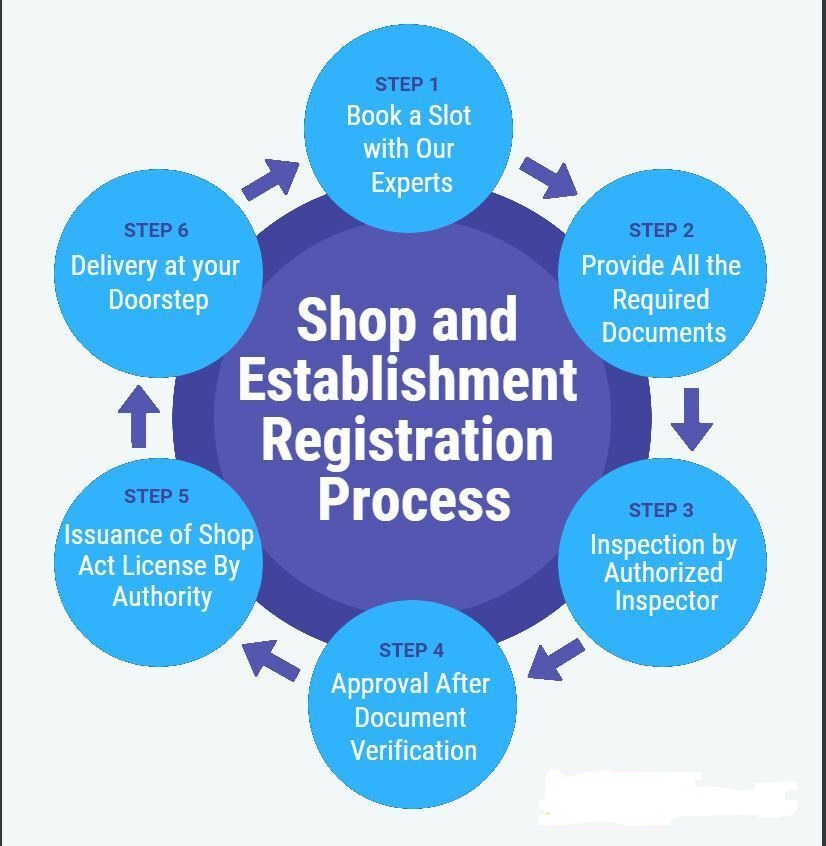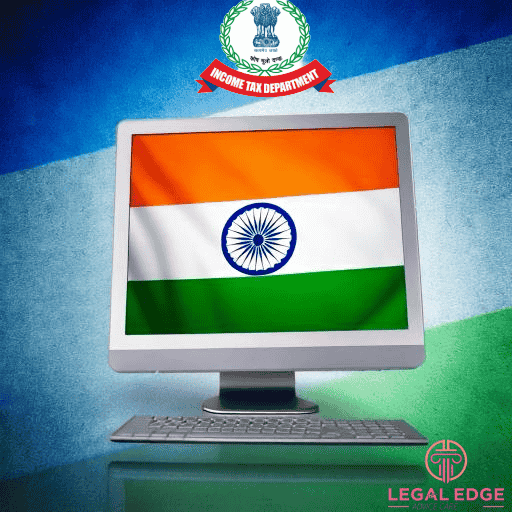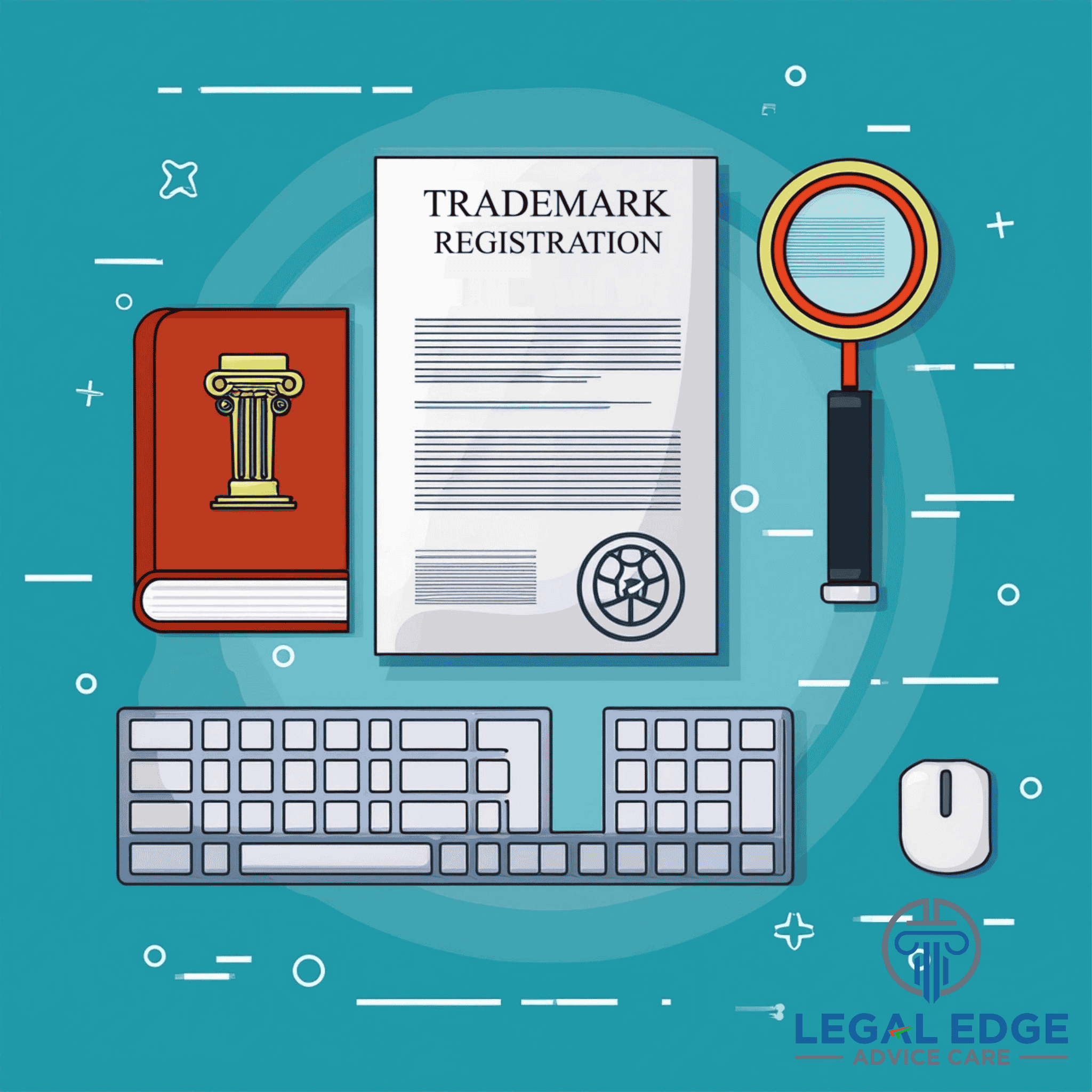

Earn Clients’ Trust With an ISI Mark
BIS Registration - Overview
The Bureau of Indian Standards (BIS) is India's National Standards Body. It was established in 2016 under the BIS Act. BIS develops standards, marks goods, and certifies quality. It also ensures that products and services meet Indian Standards (IS). BIS operates a scheme for marking precious metals and jewelry. BIS registration is a thorough process. It ensures that products meet quality and safety standards set by BIS.
Manufacturers follow the application procedure for BIS registration. This helps them understand the steps they need to take. The conformity assessment checks if products meet the relevant standards. The Compulsory Registration Scheme (CRS) makes it mandatory for certain products to undergo BIS registration before entering the Indian market. Scheme-I and Scheme-II outline the requirements for the ISI mark and product registration. The ISI mark is a certification given by BIS. It shows that the product meets standards. Product testing, certification costs, BIS licenses, and standards compliance are all important parts of the process. Certification bodies authorized by BIS assess products to ensure they meet the necessary criteria. BIS registration plays a crucial role in maintaining quality and safety standards in the Indian market.
1. ISI Mark Recognition
The ISI mark shows that a product meets BIS standards. It means the product is high quality and reliable.
2. Hallmark of Quality
BIS registration assures consumers that the product meets quality standards. Initiatives like the ISI mark serve as a hallmark for this assurance.
3. Standard Compliance
BIS registration guarantees that products meet standards. It sets a benchmark for manufacturers and helps improve industry quality.
4. Product Certification
Manufacturers get official certification. This certification shows their commitment to quality control. It also gives consumers assurance about the product's reliability.
5. Quality Control Measures
BIS registration helps manufacturers keep their products consistent and maintain high standards. It includes strict quality control measures.
6. Mandatory Registration
The ISI mark scheme requires product registration. It creates a fair competition. It helps protect consumers from substandard products.
7. Conformity Assessment
The BIS conformity assessment process ensures that products meet standards. It offers a systematic approach to quality assurance.
8. Eco Mark for Environmental Responsibility
BIS registration includes the Eco Mark. The Eco Mark shows a commitment to eco-friendly practices and environmental responsibility.
9. Testing and Calibration
BIS registration includes testing and calibration to verify product performance. This increases credibility for certified products in the market.
10. Adherence to Indian Standards
BIS registration is important because it ensures adherence to Indian standards. This helps with overall product excellence and consumer protection. BIS also represents the country in ISO and IEC.
Products under BIS Registration
Here's a comprehensive list of products that typically fall under the purview of BIS registration:
Documents Required for BIS Certification
The documents required for BIS Certification vary depending on the product category. However, some of the common documents required include:
Validity and Renewal of BIS Certification
The validity of BIS Registration depends on the product category. The validity period is typically two years, but it can be extended for up to five years for certain products.
| S.No | Form Name |
|---|---|
| 1 | Application Form (Form V) |
| 2 | Checklist for Application |
| 3 | Renewal Application along with Report of Performance (Form XII) |
| 4 | Format for Nomination of Authorized Indian Representative (Form VI) |
| 5 | Format for Agreement (Form IX) |
| 6 | Format for Indemnity Bond (Form X) |
| 7 | Format for Performance Bank Guarantee (Form XI) |
| 8 | List of Manufacturing Machinery (Form I) |
| 9 | List of Test Equipments (Form II) |
| 10 | Application for change in scope of licence (Form XIV) |
| 11 | Format of Test report (Form IV) |
BIS License Application Checklist
| Category | Requirements | Specific Details |
|---|---|---|
| General Requirements | Complete Application Form | Correct Name and Address |
| Specific Details | - Indian Standard Number & Varieties History of previous/current BIS licenses Signature by CEO or authorized signatory | Specific Details |
| Manufacturing and Infrastructure | - Necessary machinery and production capacity Agreements for outsourced processes | Manufacturing and Infrastructure |
| Test Equipment and Calibration | - Required in-house testing facilities Valid calibration certificates Arrangements with BIS-recognized lab for external testing | Test Equipment and Calibration |
| Quality Control Personnel | - Qualified QC personnel with documentary evidence of qualifications and appointments | Quality Control Personnel |
| Raw Materials and Components | - Compliance with standards for raw materials used in manufacturing | Raw Materials and Components |
| Plant Layout | - Clear layout of the plant indicating locations of facilities | Plant Layout |
| Test Reports | Test reports covering all requirements of the Indian Standard | Test Reports |
| Undertaking for Simplified Procedure | Undertaking for compliance with BIS standards and corrective actions in case of non-conformity | Undertaking for Simplified Procedure |
| Specific Requirements for Foreign Manufacturers |
|
Specific Requirements for Foreign Manufacturers |
| General Requirements |
|
General Requirements |
| Specific Details |
|
Specific Details |
Other Licenses
Obtaining BIS certification is a crucial step for businesses, particularly those dealing with specific products. However, depending on the nature of your business and the industry you operate in, there may be additional registrations and licenses that are either required in conjunction with BIS certification or subsequently. Here are some common registrations and licenses to consider:
Labour Law Registrations
Complying with labor laws may require registrations such as Employees' Provident Fund (EPF), Employees' State Insurance (ESI), and Professional Tax, depending on the number of employees and the nature of the business
Why Leagel Edge Advice Care?
Getting BIS certification for your business doesn't have to be complicated. Here are a few reasons why Leagel Edge Advice Care is the best choice for helping you get certified:






